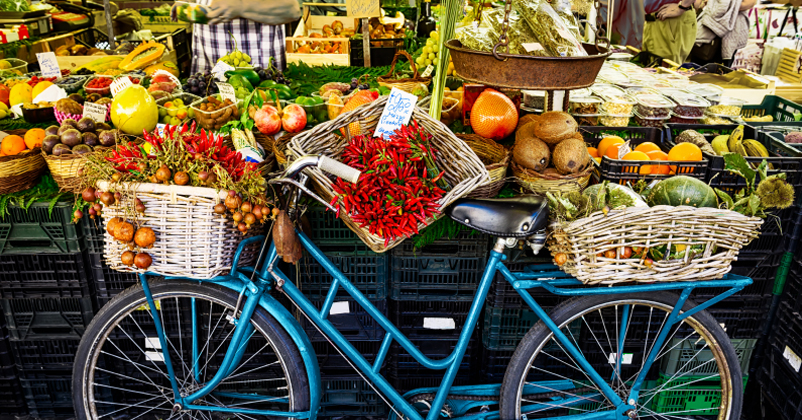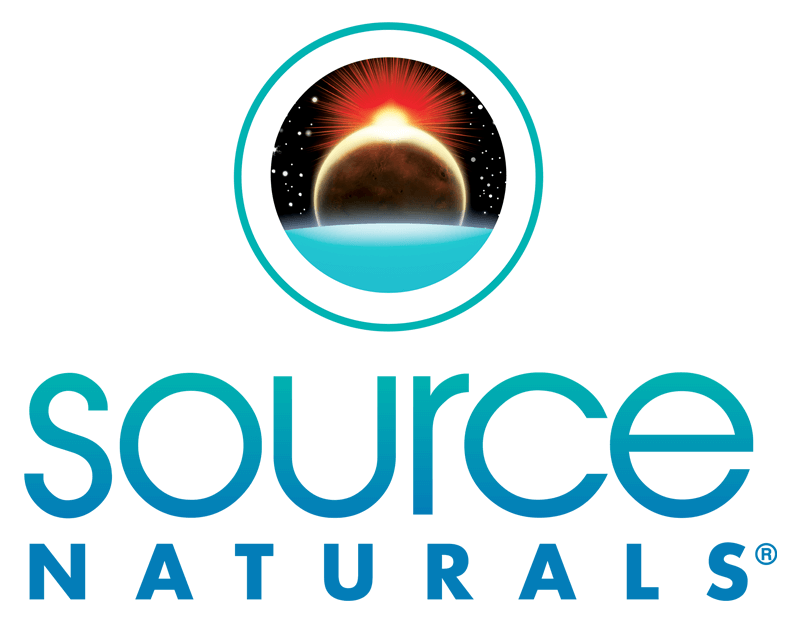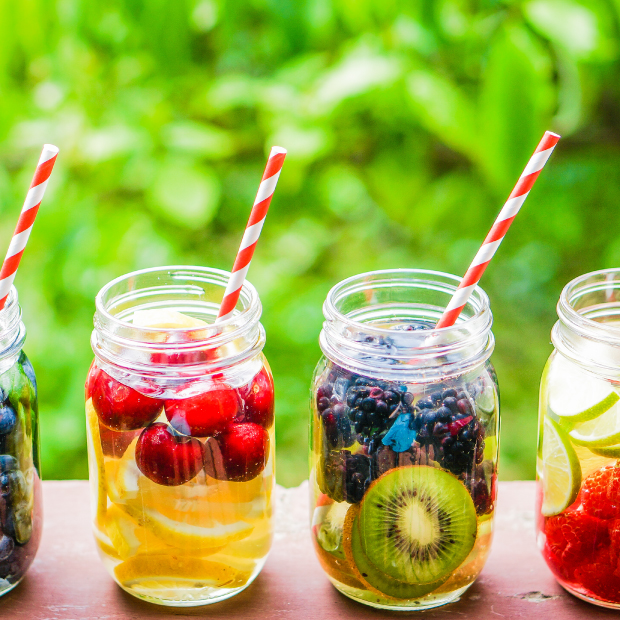
Nourishing food is important, especially when you’re squeezing meals into a busy day. You want to feel good about what your family eats—but who has time to study advanced nutrition just to go to the grocery store?
Here’s an easy shortcut: choose organic.
Know for sure: look for the USDA Organic seal
Words like “healthy” and “natural” look good on a package, but in reality those words can mean anything—or nothing.
The term organic on the package means the food inside was produced under the rigorous standards of the United States Department of Agriculture (USDA) National Organic Program. By law, organic food is produced without toxic petroleum-based pesticides and fertilizers, and without genetically modified organisms (GMOs). Organic food contains no artificial ingredients, flavors, colors, or preservatives. It’s the food you want…and nothing you don’t.
To know for sure, look for the USDA Organic seal on the package. Fresh organic produce without packaging carries a sticker with a 5-digit number that starts with a 9.
Eating organic reduces your family’s exposure to pesticides
All fruits and vegetables offer important nutrients that your body needs. Organic is different in a way that’s especially significant for children: choosing organic reduces dietary exposure to pesticides.
Washing fresh produce removes surface dirt, but you can’t wash away any pesticides that the plant absorbed as it grew. When you eat the plant, you eat the pesticides, too. Studies have shown that when kids switched from conventional to organic produce in their diets, the measurable pesticide residues in their bodies were significantly and immediately reduced or eliminated. When the kids went back to conventional produce, evidence of pesticide residues returned just as quickly.
Choosing organic food is a good way to help keep pesticides out of your body—and that’s crucial for your kids, whose growing bodies are so much more vulnerable to environmental toxins.
Making the organic choice easier
When you can’t buy everything organic, you can prioritize your choices.
Choose organic for foods your kids eat frequently
In his Organic Rx, leading pediatrician Dr. Alan Greene suggests choosing organic foods based on the impact they have on your family and the environment. His top 5 organic choices:
- Milk
- Potatoes
- Peanut butter
- Baby foods
- Catsup
Choose organic for the “Dirty Dozen”
Another way to prioritize is choosing organic for produce that has the most pesticide residues when it’s grown conventionally. The Environmental Working Group’s annual Shopper’s Guide to Pesticides in Produce ranks those items in order, using the USDA’s own test data:
- Strawberries
- Spinach
- Nectarines
- Apples
- Grapes
- Peaches
- Cherries
- Pears
- Tomatoes
- Celery
- Potatoes
- Sweet Bell Peppers
Nourishing food supports your whole body; it’s especially important for growing kids. Choose organic to get the good, healthy food you want for yourself and your family…without the pesticides you don’t.
Resources
The healthy benefits of organic food extend to people and the planet—learn more about organic in the resources we consulted for this article.
Alan Greene and Anna Lappé, “Why Organic is the Right Choice for Parents,” Time, 6/23/14. Accessed 1/17/19.
Chensheng Lu, et al., “Organic Diets Significantly Lower Children’s Dietary Exposure to Organophosphorus Pesticides,” Environmental Health Perspectives 114, no. 2 (February 2006, published online 9/1/05). Accessed 1/17/19.
Diana Rodriguez, “Your Diet, Your Health,” EverydayHealth.com, 3/26/13. Accessed 1/17/19.
DrGreene.com, “Dr. Green’s Organic Rx,” 3/8/09. Accessed 1/17/19.
Environmental Working Group, “Shopper’s Guide to Pesticides in Produce™,” Accessed 1/17/19.
Nicholas Bakalar, “Eating Organic Lowers Pesticide Levels in Children,” New York Times Well, 10/8/15. Accessed 1/17/19.
Roger Thurow, “Healthy Food for a Healthy World: Food as Medicine—the Link Between Nutrition and Health,” The Chicago Council on Global Affairs, 2/18/15. Accessed 1/17/19.
The Organic Trade Association, “The National Organic Program,” Accessed 1/17/19.









